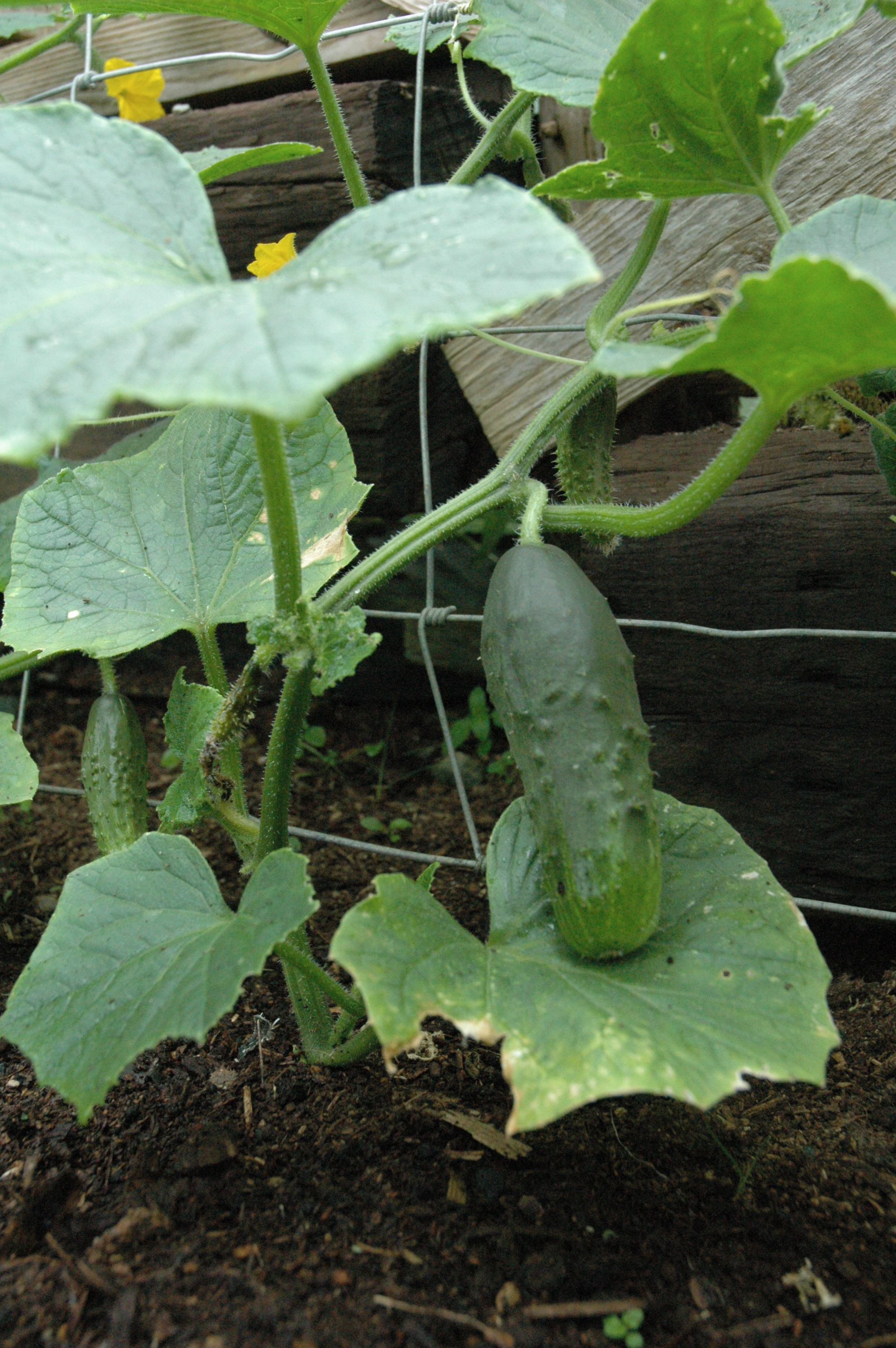Finally, a bit of rain for our little hill.
It's a wet morning at 147 Bauline Line, where the grand social and botanical experiment of the Seed to Spoon Harvest Collective is elbows deep in dirt and nettles. The hills of corn are grassy green and showing their tassels, the kids are eating peas, and for lunch there is a bit of triumphant tomato tasting.
For anyone who hasn't seen us at the farmer's market, or tasted our spicy ninja salad mix, the harvest collective is a multi-generational group of people who have come together to grow food and take care of the beautiful organic property belonging to Judy Lien and her family. We are a group of gardeners who are trying their hand at growing on a small market scale, delivering veggies weekly to roughly 30 families who are our Community Supported Agriculture (CSA) members. When the harvest permits, we also bring food to the weekly St. John's' Farmer's market, and to a couple of downtown restaurants.
So far we have enjoyed a very tasty crop of broccoli, cauliflower, and Savoy cabbages that were planted in the fields under floating row cover in March. The fava beans and peas that we are harvesting now were also planted optimistically early, and survived three snowfalls and a few nights of heavy frost to bring us early treats.
Perhaps one of the most successful and time-consuming parts of our operation this year has been the tomato herd. Beginning with planting over 600 tomato seedlings in March, there was a full scale migration of the herd from our basements and back-rooms to the farm in May. We are testing a few new (to us) tomato varieties, particularly the Tribe's Tobique tomatoes which were the first to fruit outside on July 3. Our sweet cherry tomatoes, Tigerella and a few other varieties are now fruiting, and we're getting a small basket out of the greenhouse every two or three days.
A major part of the operation for us has been improving the soil and bringing organic matter to the farm. The black earth over a meter deep in Judy’s lower field is legendary in the local gardening community, and many of the weeds around the farm indicate good soil health, including the nettles and thistles. But even with such a bounty, we take great joy in making our own organic compost to sustain the good soil, and improve the areas that are thinner on organic matter.
We are on the hustle for compost materials, and with our own farm truck and labour to shovel and carry away just about anything that can rot, we have had reasonably good success so far. Before the barn was vandalized in Pippy Park, we managed to gather many loads of hay for mulch and layering with horse, cow and chicken manures from other local farm operations. When added to the vegetable waste from the Sprout restaurant that we have been collecting since March, we’re producing batches of good cured compost for the fields and greenhouses.
Our spring crop of greens, sweet turnips, beets and carrots in the greenhouse was delicious and it was so encouraging to harvest spinach in April. But really, now that we see cucumbers, zucchinis, and peppers ripening it’s clear that we have some delicious meals in the near future!
-Nadya Bell & Matt Atkinson, on behalf of the Seed to Spoon Harvest Collective



